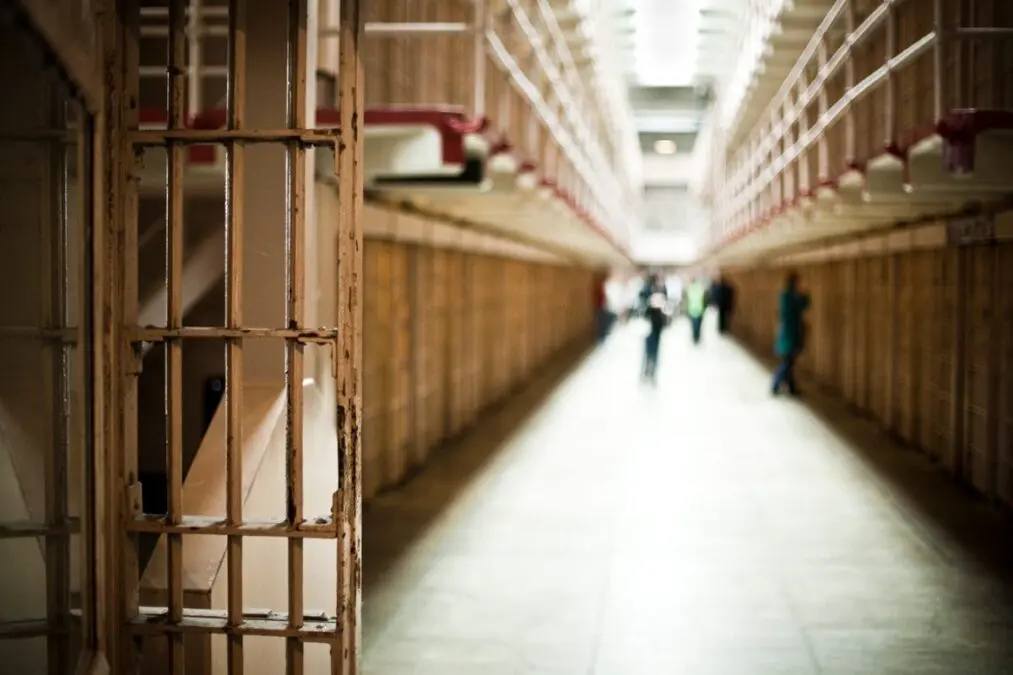The debate over drug use legalization has gone on for years, with little progress being made towards a compromise that meets the interests of all sides.
On the one hand, some people support the idea of completely legalizing all drugs or, at the very least, decriminalizing them. However, if drugs are legal, it’s pretty safe to assume that more people will use them since they will be more accessible and won’t carry such a negative connotation. If the goal is to create a drug-free society, it doesn’t seem that making drugs more accessible is the right way to go.
At the other side of the spectrum, some people support the idea of continuing with the existing system, which is to criminalize people for using drugs. However, almost 50 years of War on Drugs policies have completely failed to reduce drug use in America with drug statistics worsening each year, not improving. Meanwhile, the criminalization of drug addiction has resulted in a bloated criminal justice system and the largest prison population in the world.
The goal, of course, must be to reduce drug use and help addicts get better, not criminalize them. But it is unlikely that the current approach or a blanket legalization approach will accomplish this goal. It may be possible that a compromise could create a better state of affairs. Such a system would decriminalize drug use to some extent while still leaving certain penalties in place that would act as incentives for addicts to seek treatment.
Perhaps the solution is neither 100% legalization nor 100% criminalization, rather a carefully constructed system that utilizes some penalties for transgressions while consistently supporting, encouraging, and insisting on treatment.
Analyzing Both Arguments
Some evidence suggests that legalizing cannabis led to more cannabis use in the states that legalized it. Further, some evidence also suggests that the use of other drugs, such as opioids, also went up in states that legalized them. Granted, opioid use has been going up across the nation, which makes it impossible to ascertain if the surge in opioid abuse in those states is the effect of cannabis legalization.
People who oppose legalization also argue that drug use and crime go hand-in-hand. However, this side of the argument is likely nullified in a proposed world where all drugs are legal. Still, drug use is immensely harmful no matter the legal context, and even if drugs were legal, addicts would still suffer, people who use drugs would still die, and addiction would still ruin families.
Conversely, some evidence suggests drug decriminalization and/or legalization makes treatment more available for addicts, reduces drug use, significantly reduces the stigma associated with addiction, and shifts the public focus regarding addiction to one of addiction being a health issue, not a criminal inclination. With the goal being the treatment of addiction and the recovery of those who suffer from drug abuse, a more compassionate and health-oriented approach to addiction would be a beneficial development.
Unfortunately, in places in the U.S. where decriminalization or legalization have been piloted, there have been mixed results at best. The most recent example is in Oregon, which just released disappointing statistics on drug addiction, treatment, and overdoses following one year of drug decriminalization in that state. Summarized, the state did not experience the uptick in addiction treatment or the downward trend in overdoses that it was hoping decriminalization measures would bring about.
It’s almost certain that a program that does not incarcerate drug users yet which compels them to seek treatment would be the ideal compromise. Such an approach would still put forth the notion that drug use is not okay, but it would do so from the perspective that addicts must seek treatment and get better. It would be a compassionate yet firm approach.
Perhaps leaving some penalties in place but altering or lessening them if treatment is completed is the best route possible. It walks the middle ground and neither legalizes drugs nor normalizes their use, nor does it criminalize people for having an addiction. In Oregon, the recent ballot measure to decriminalize drugs seems not to be working because there was no incentive put in place to compel addicts to seek treatment if apprehended. Rather, an approach like Oregon’s model but with a better system for directing addicts into treatment may be the answer.
Programs that Lead to Treatment and Recovery are the Answer
It’s important to have a nuanced discussion about how, on the one hand, heavily criminalizing addiction is not the correct answer, but neither is blanket legalization with no programs in place for helping addicts, and neither is merely incentivizing treatment as a part of the repercussions of using drugs. Rather, a compromise that reduces criminal penalties for drug possession and use while compelling those apprehended with drugs to seek treatment is likely a better approach.
Perhaps the most workable solution would be to set up diversion programs that could send drug offenders to treatment, rather than prison. Such a model has been implemented with some success in places like Seattle, Washington and Baltimore, Maryland.
Addiction is not a problem that goes away, even for those who try very hard to stop using drugs. If you know someone who is using drugs, please do everything you can to get them help.
References:
- https://jamanetwork.com/journals/jamanetworkopen/fullarticle/2784528
- https://www.pnas.org/doi/10.1073/pnas.1903434116
- https://drugpolicy.org/sites/default/files/DPA_Fact_Sheet_Portugal_Decriminalization_Feb2015.pdf
- https://www.theguardian.com/news/2017/dec/05/portugals-radical-drugs-policy-is-working-why-hasnt-the-world-copied-it
- https://apnews.com/article/health-business-europe-oregon-salem-158728e57e1d48bc957c5b907bcda5f5
- https://leadkingcounty.org/
- https://www.baltimoresun.com/news/crime/bs-md-ci-drug-diversion-program-20170206-story.html
Reviewed an edited by Claire Pinelli; ICAADC, ICCS, LADC, RAS, MCAP, LCDC
Article first published here.







